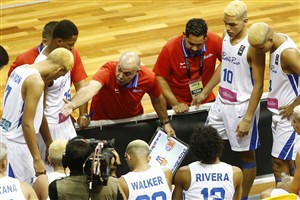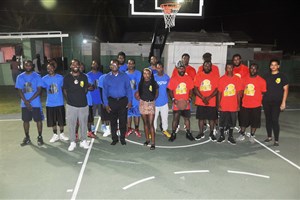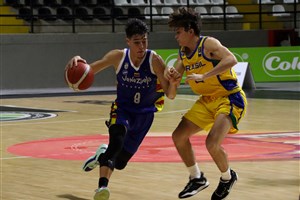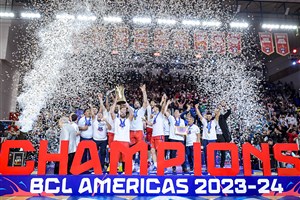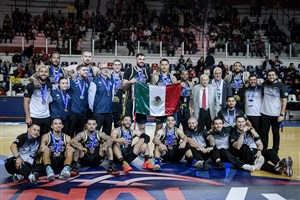
Bolivian basketball's first National Height Campus
COCHABAMBA (Bolivia) – With the presence of 21 male athletes and 11 female athletes from different parts of the country, Bolivia held their first Height Campus, hosted by the Bolivian Basketball Coaching Academy (ANEBB, for its Spanish acronym) and sponsored by the Bolivian Basketball Federation. The event took place from October 9 to 13 in the city of Cochabamba. This historical activity's objective is to provide Bolivian basketball with athletes of a significant height in the medium term.
After analyzing and comparing the international context, and with the guidance of the Bolivian Basketball Coaching Academy, the FBB decided to develop this Campus looking forward.
The idea is to work on the lack of stature in the center position. The FBB hopes to have athletes taller than 6’2” who’ll be technically and psychologically trained and will be provided with proper nutrition and a height projection analysis that considers their biotype.
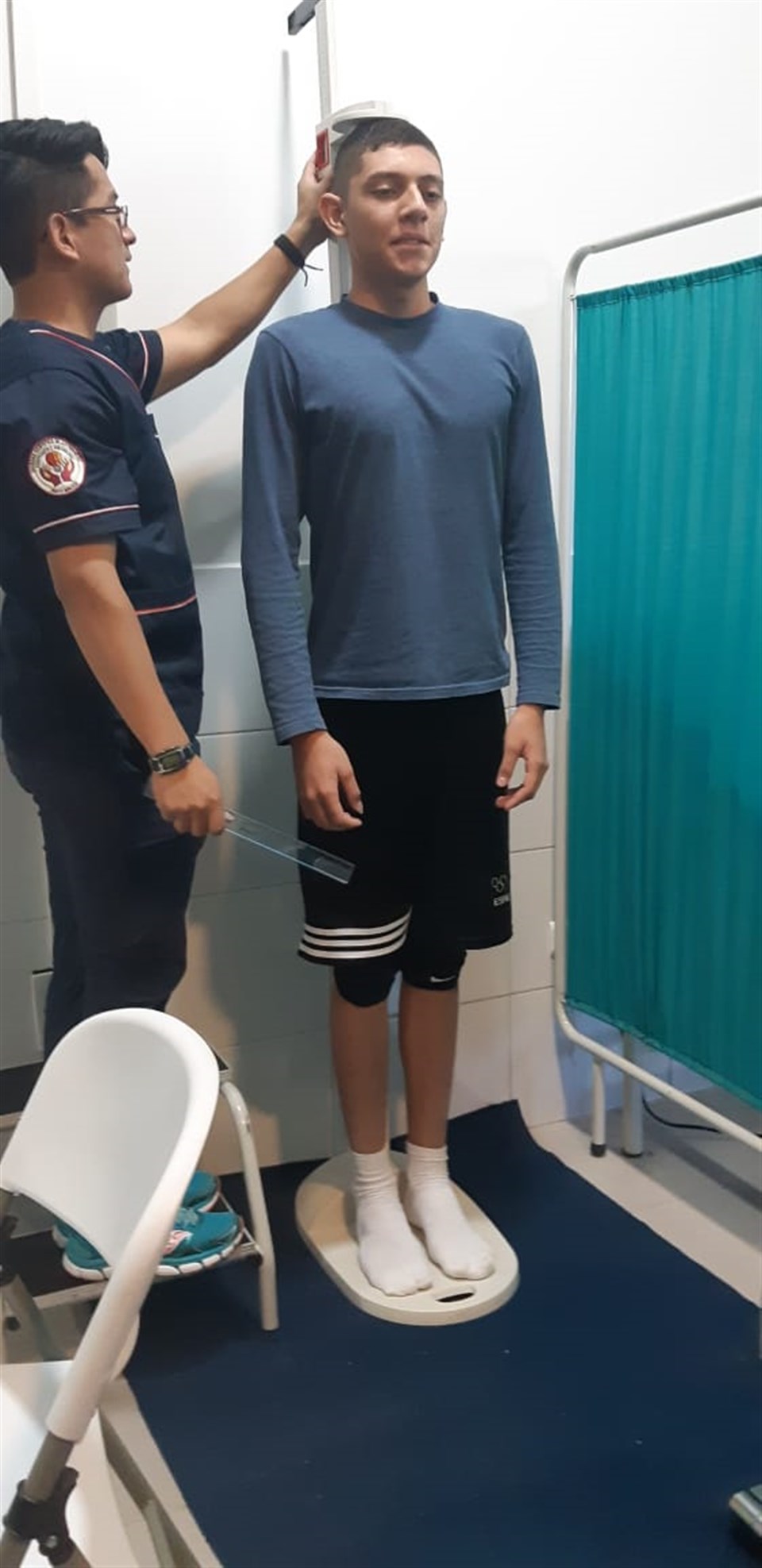
This event welcomed big names in the sport, including national team coach Giovanny Vargas, who backs these types of initiatives by the federation and the Ministry of Sports, which include a concentration at the Grover Suárez Coliseum and the Quillacollo Multisports Complex – which have been prepared as sports fields to do the required technical tasks.
The Campus is directed toward basketball players ages 16 to 18, and the goal is to improve their physical and psychological condition.
For their part, athletes state their satisfaction for this initiative and commit to improving in the aspects taught during the Campus. Not only were technical aspects worked on, but there were also motivational talks with sports psychologist Fernando Brun who, among other things, is a former basketball player and was impressed with the height of both female and male athletes.
Federation president Marco Arze shared his approval for the expectations behind the Campus and for the fact that this is the first time that there's such a large event like this in Bolivia. “We hope to motivate athletes, but also find tall talents that can contribute first to the teams of the Bolivian Basketball League (LIBOBASQUET), and then to the national teams, and hopefully improve international appearances.”
“Everyone knows that on the international stage height is paramount, as are the natural or worked skills of the basketball athlete,” pointed out the leading figure of Bolivia’s national basketball.
The President pointed out that, since this was the first edition of this Camp, there will probably be a lot to fix and improve but was adamant that the directives always work to provide initiatives that will try to improve national basketball. Some examples of this are LIBOBASQUET, LIBOFEM, and LIBOMENOR -- projects that were planned and programmed by the Federation's Directives and that, of course, seek to improve the technical level of athletes in the South American country.
“We've been working on this project for over a year, doing all demographic studies to look for alternatives, and looking at regions too. This is important because the height average in our country is very short, even when compared against South America, which is why we decided to take this step. According to the growth chart of the population we've determined that the appropriate height for 17-year-old boys is 6’2” and, in this camp, 90% meet that height,” said Gilmar Hidalgo, Director of the Coaching Academy and one of the organizers of the Height Plan, to FIBA.basketball.
The Bolivia Cup, a tournament designed for the U15 and U17, and the Bolivian Youth Basketball League (LIBOMENOR) U13, are two fundamental competitions to develop Bolivian basketball and have a great impact in 2019. The Height Campus is the year's conclusion and the Federation’s attempt to continue to improve basketball in the country.
This first Height Campus features the support of physical therapists, psychologists, nutritionists, and traumatologists, all of whom build a multi-disciplinary team that uses scientific data to analyze the growth projection of the athletes that'll be regularly evaluated to continue their development toward the FBB's goals.
Youth tournaments and events bring along great projects in the future. In four or five years, organizers expect the National Team to have selectable players with the technical conditions to dispute a qualification to a future FIBA Basketball World Cup.
FIBA

